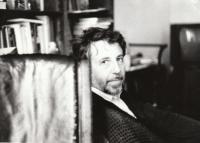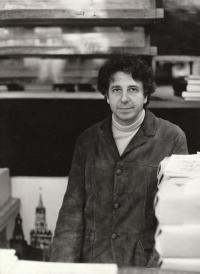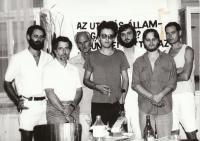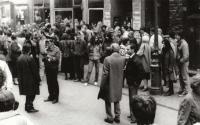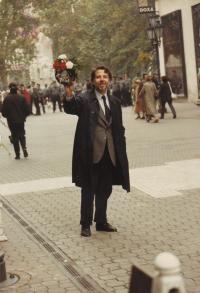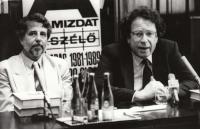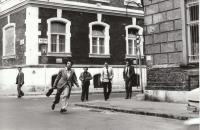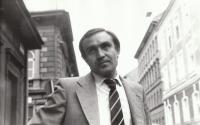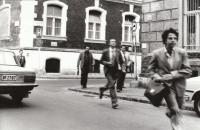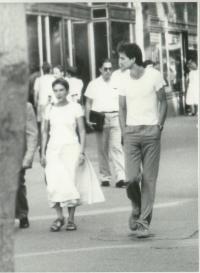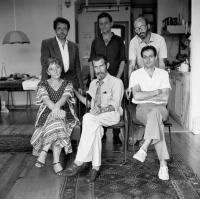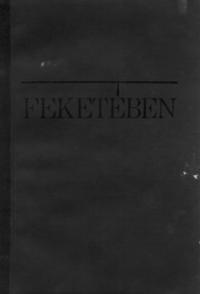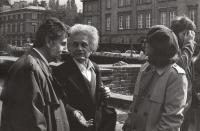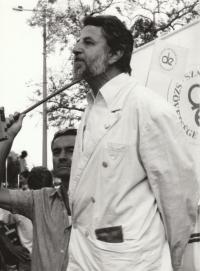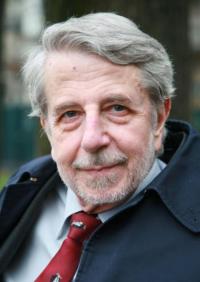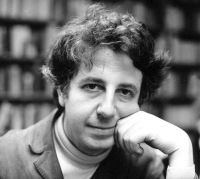It was an elongation of our adolescence

Stáhnout obrázek
Ferenc Kőszeg was born on 26 April, 1939 in Budapest as a child of an assimilated Jewish family. His parents were dentists. His father was called up for labour service in 1942 and most probably died in the Don-bend in 1943. He survived the persecution of the Jews by living in hiding in Budapest. He graduated from secondary school in 1957, and earned his teacher‘s degree at the Arts Faculty of Eötvös Loránd University in Latin and Hungarian Language and Literature in 1962. From 1963 and 1975 onwards he was the editor of the Szépirodalmi and the Európa Publishing Houses, respectively. He had links with the democratic opposition since the 1970s. In 1979 he signed the declaration of solidarity for the members of Charta ‚77 and therefore got dismissed. Following this, first he worked as a shop assistant in a book store, then as a language teacher. In 1981 he started working for the samizdat magazine of the democratic opposition entitled Beszélő, specializing in articles on legal protection. He got engaged in the activities of the Fund for Supporting the Poor (SZETA) led by Ottília Solt. In 1988 he was the founder of the Network of Free Initiatives and then that of the Alliance of Free Democrats. Between 1990-98 he was an MP. Between 1990-94 he was the chief editor of Beszélő. He is a founder, managing director (1994 onwards)) and president (until 2007) of the Hungarian Helsinki Committee. He was awarded the honors of the Commander‘s Cross from the Order of Merit of the Hungarian Republic in 2002 in recognition of decades of work dedicated to establishing Hungarian democracy and the freedom of the Hungarian press, as well as to the respect of human rights.
